
"Our Fundamental Need Is for Peace, Justice, Freedom"
Here is the Christmas message written by Latin Patriarch Michel Sabbah of Jerusalem.
* * *
1. I wish you all a Blessed Christmas.
Brothers and Sisters here in Palestine, Israel, Jordan, and Cyprus, I wish each and every one of you joy, serenity, tranquility and peace. This year again, Christmas is coming to Bethlehem amid the same circumstances of death and frustration, with the Wall and the checkpoints on the ground and in the hearts. The occupation and deprivation of freedom on one side, and fear and insecurity on the other, continue as before. Gaza remains a big prison, a place of death and of internal Palestinian dissension. Even children have been killed. And everyone, including the international community, remains powerless to find the right road to peace and justice. Fear of the future has engulfed the entire region: Iraq, Lebanon, Syria, Egypt and Jordan. For everyone, the future is at stake. In this context, world terrorism is feeding on all of the open wounds.

 2. That is the way Christmas is seen today from Bethlehem. And yet, the Christmas message is meant to be one of life, peace, and justice. The prophet Jeremiah said: "In those days, I will raise up for David a just shoot; he shall do what is right and just in the land … and Jerusalem shall dwell in security" (Jer 33, 15-16). And Isaiah extended his vision to include all nations: "So will the Lord God make justice and praise spring up before all the nations" (Is 61, 11). Saint Paul, for his part, in the second readings of the Advent Season, tells us that we enter into the ways of justice and peace through love of neighbor and through holiness: "May the Lord increase you and make you overflow with love for one another and for all … and may he strengthen your hearts, making them blameless and holy before God" (1 Thes 3, 11).
2. That is the way Christmas is seen today from Bethlehem. And yet, the Christmas message is meant to be one of life, peace, and justice. The prophet Jeremiah said: "In those days, I will raise up for David a just shoot; he shall do what is right and just in the land … and Jerusalem shall dwell in security" (Jer 33, 15-16). And Isaiah extended his vision to include all nations: "So will the Lord God make justice and praise spring up before all the nations" (Is 61, 11). Saint Paul, for his part, in the second readings of the Advent Season, tells us that we enter into the ways of justice and peace through love of neighbor and through holiness: "May the Lord increase you and make you overflow with love for one another and for all … and may he strengthen your hearts, making them blameless and holy before God" (1 Thes 3, 11).
 Moreover, since the First Sunday of Advent, the Church has put before our eyes the person of John the Baptist, the Precursor of Christ. He preached repentance, and various categories of people came to listen to him and asked him questions about the ways of repentance and new life. Even soldiers asked him what they should do to save themselves: "Soldiers also asked him: 'Teacher, what is it that we should do?' He told them, 'Do not oppress anyone, do not extort anything, and be satisfied with your wages'" (Lk 3, 14).
Moreover, since the First Sunday of Advent, the Church has put before our eyes the person of John the Baptist, the Precursor of Christ. He preached repentance, and various categories of people came to listen to him and asked him questions about the ways of repentance and new life. Even soldiers asked him what they should do to save themselves: "Soldiers also asked him: 'Teacher, what is it that we should do?' He told them, 'Do not oppress anyone, do not extort anything, and be satisfied with your wages'" (Lk 3, 14). 3. Today, life in Bethlehem and its surrounding area has become very difficult to endure, in spite of the numerous initiatives of solidarity that have come from the outside. Yes, we are in need of solidarity, and we are grateful for all the messages of brotherhood we have received from around the world. But our fundamental need is for peace, justice, freedom, and an end to the occupation. Faced with this, the world seems powerless. However, we say: each and every person, even soldiers and political leaders, have the capacity to appreciate love, salvation, and life. But for that to happen, a conversion must take place, a conversion from death to life, from viewing the other as an enemy and a murderer to viewing him as a brother and a giver of life.
3. Today, life in Bethlehem and its surrounding area has become very difficult to endure, in spite of the numerous initiatives of solidarity that have come from the outside. Yes, we are in need of solidarity, and we are grateful for all the messages of brotherhood we have received from around the world. But our fundamental need is for peace, justice, freedom, and an end to the occupation. Faced with this, the world seems powerless. However, we say: each and every person, even soldiers and political leaders, have the capacity to appreciate love, salvation, and life. But for that to happen, a conversion must take place, a conversion from death to life, from viewing the other as an enemy and a murderer to viewing him as a brother and a giver of life.Our political leaders also must ask the Baptist: "And what is it that we should do to find salvation for ourselves and for all those who have put their destiny into our hands?" They too must be prepared to receive the same answer: "Do not oppress anyone, do not extort anything, and be satisfied with your wages" (Lk 3, 14).

 They must listen to the voice of the oppressed in this Holy Land, to the voice of those who have died, of those who are still threatened by death and humiliation, those on whom they think they can impose death or humiliation in order to assure the security of the other party.
They must listen to the voice of the oppressed in this Holy Land, to the voice of those who have died, of those who are still threatened by death and humiliation, those on whom they think they can impose death or humiliation in order to assure the security of the other party.Bethlehem is meant to be the city of peace. Unfortunately, it is now just the contrary, a city of conflict and death. Life and peace, however, would be easy and possible to come by if only those in positions of responsibility were sincerely determined to pursue them. Salvation will come from bringing the two peoples together, not from separating them. In that lies the salvation of the Palestinians and the Israelis, as well as of the entire region. The two peoples are capable of living together in peace and tranquility. When that comes about, murders, vengeance, rejection, and extremism will disappear little by little, as they progressively cease to feed on oppression, occupation, poverty, and humiliation.
 4. Christmas brings joy to humanity. It announces salvation to everyone, especially to those who live in Bethlehem and its surrounding area, Palestinians and Israelis alike. "Let us go to Bethlehem" and see what has taken place and what continues to take place there (cf. Lk 2, 15). What is the Wall telling us today? What are the inhabitants of Bethlehem telling us today? Let us go to Bethlehem so that we too can hear the angels announce peace on earth, peace to all people of good will, peace to all who long for a sincere brotherhood that rejects all hatred and hostility, and find, in the coming together of the two peoples, both security and an end to the occupation which will bring freedom.
4. Christmas brings joy to humanity. It announces salvation to everyone, especially to those who live in Bethlehem and its surrounding area, Palestinians and Israelis alike. "Let us go to Bethlehem" and see what has taken place and what continues to take place there (cf. Lk 2, 15). What is the Wall telling us today? What are the inhabitants of Bethlehem telling us today? Let us go to Bethlehem so that we too can hear the angels announce peace on earth, peace to all people of good will, peace to all who long for a sincere brotherhood that rejects all hatred and hostility, and find, in the coming together of the two peoples, both security and an end to the occupation which will bring freedom.For all of you, Brothers and Sisters, I pray to God that you might hear and live the message of Christmas, a message of peace, joy, and new life.
 + Michel Sabbah, Patriarch
+ Michel Sabbah, PatriarchLatin Patriarch of Jerusalem
Jerusalem, 20 December 2006
![[Unam Sanctam]](https://blogger.googleusercontent.com/img/b/R29vZ2xl/AVvXsEiymQ2adTjpZ1ABhPBbBBquiPCxeQrc4Jy_97vOikT0wGQeJleriiXQy6ebnb0jrYe-TfvcK77txStB4aIwVAdD41ZdMkVfNtFGC0JX6LBV9B8mfeRZaIAM7Sj-011ag3DiKQzv/s1600/headerdivinemercy.jpg)












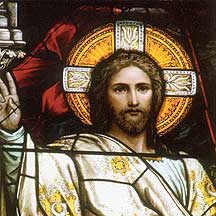







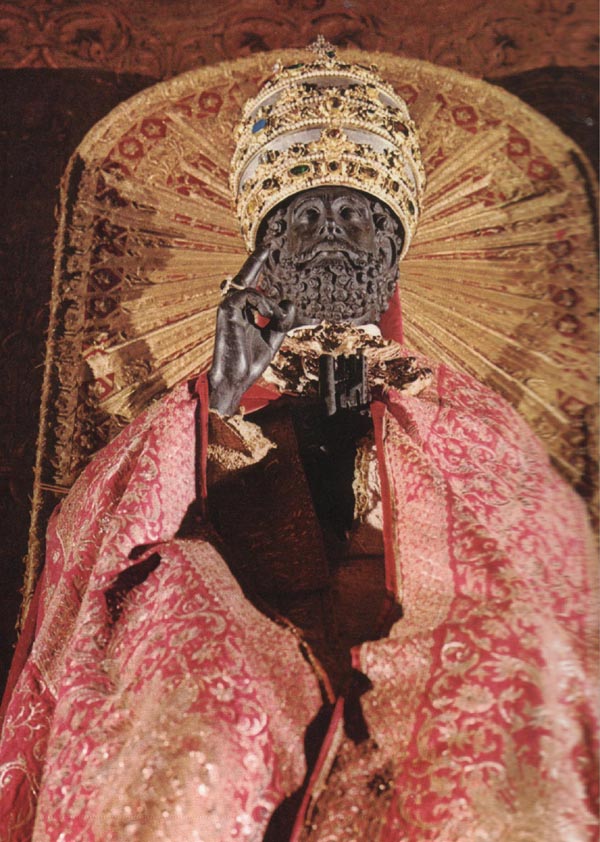
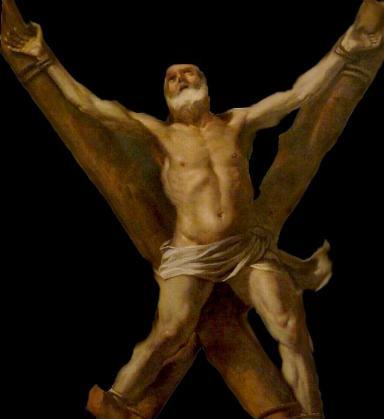




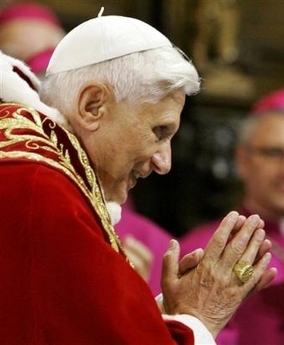






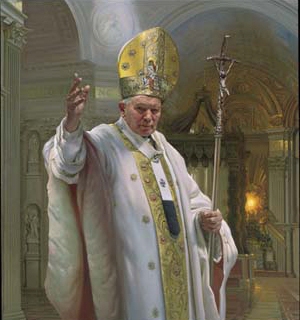
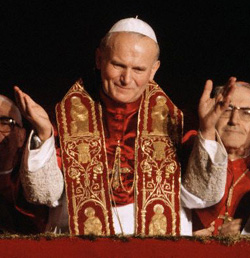
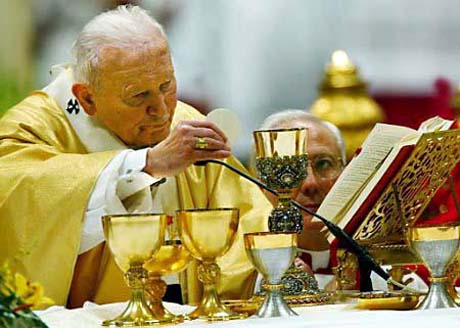







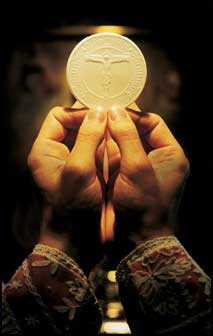
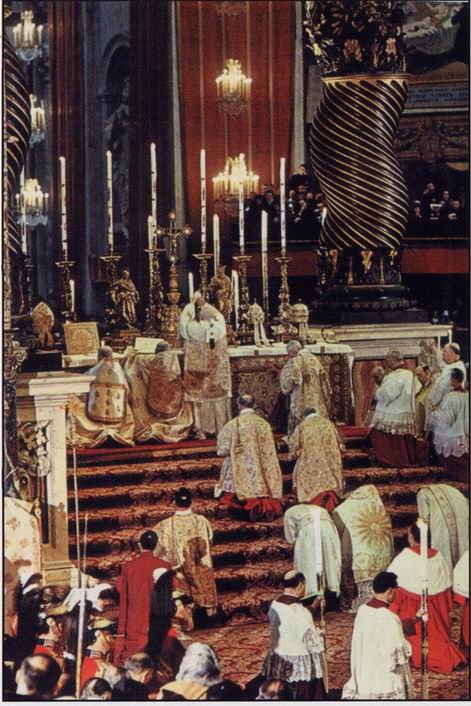

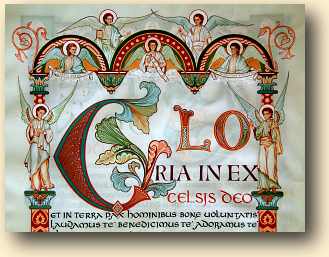

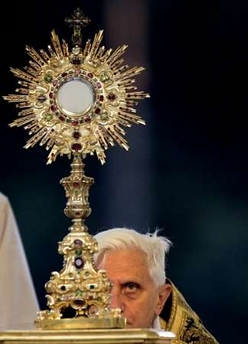


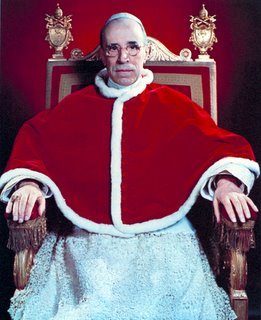




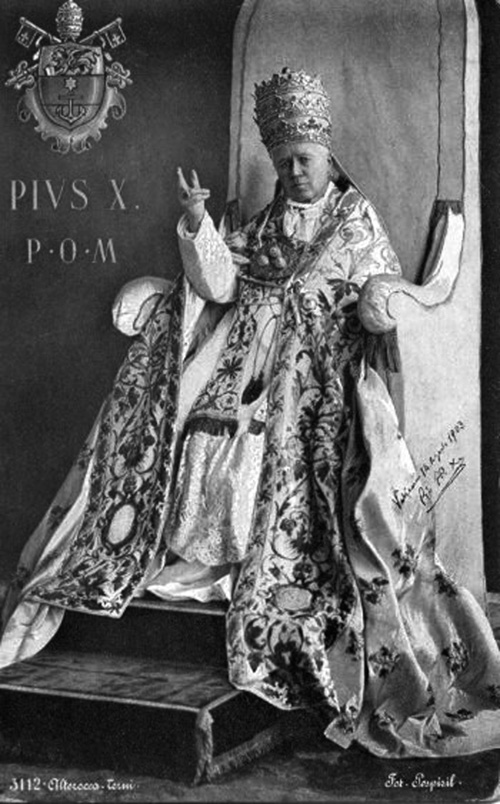



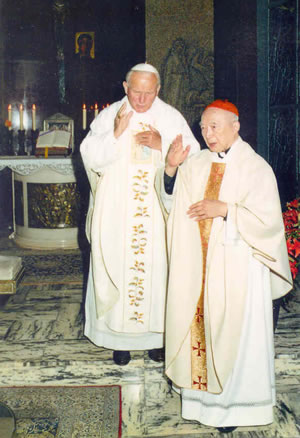






2 comments:
Your blog is wonderful! Your sidebar is impressive, as it illuminates the words with very clear and poignant images. Excellent!
I found this wonderous place thanks to JS on guardduty.wordpress.com.
With your permission, I would like to post a link to your pictorial Christmas message from the Latin Patriarch of Jerusalem on my blog, mgp4us.wordpress.com
Merry Christmas! Keep up the good work!
Maria G.
Thank you Maria, for your gracious words of encouragement.
Pls do feel free to use anything that might be helpful.
And a blessed Christmas to you too!
Post a Comment